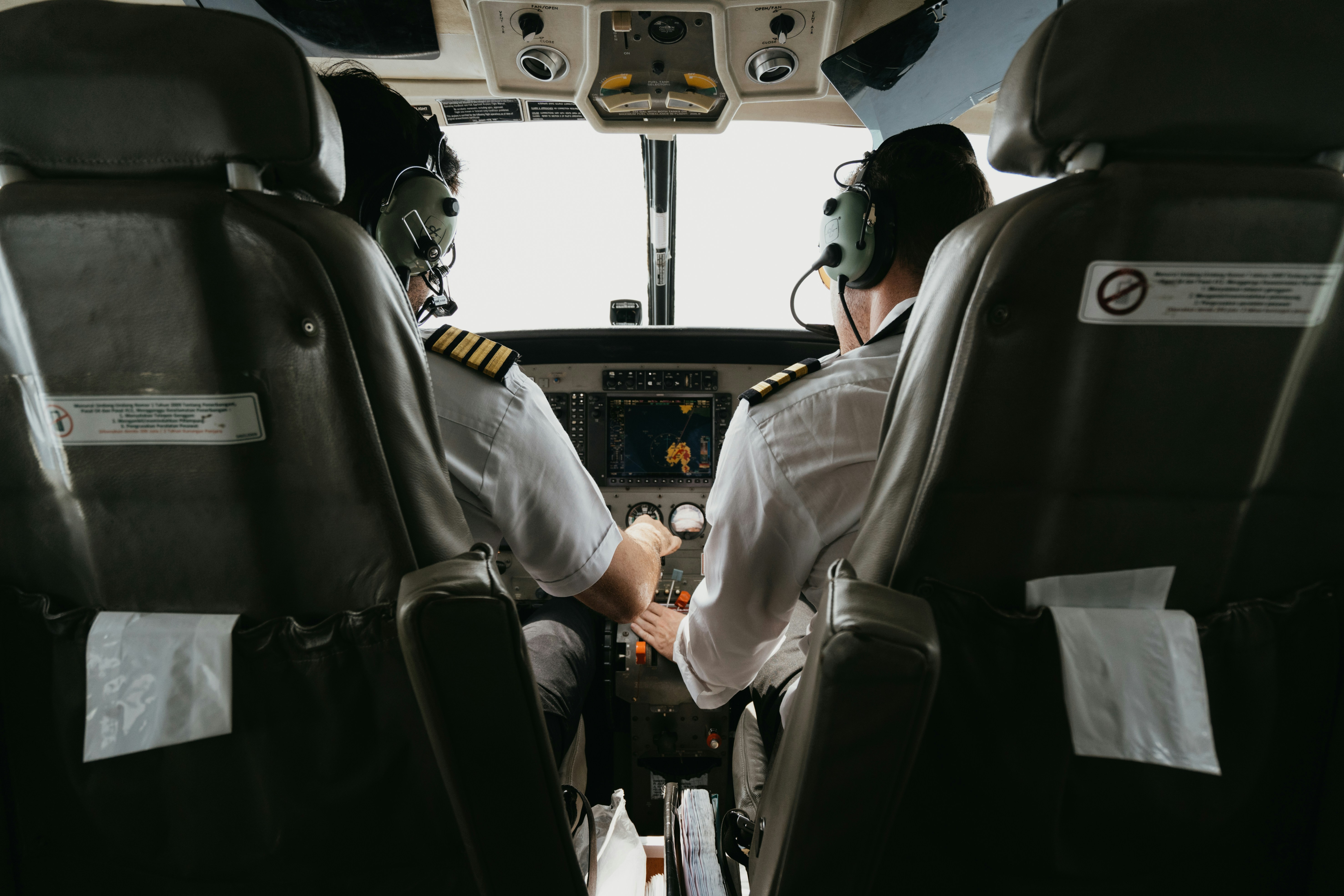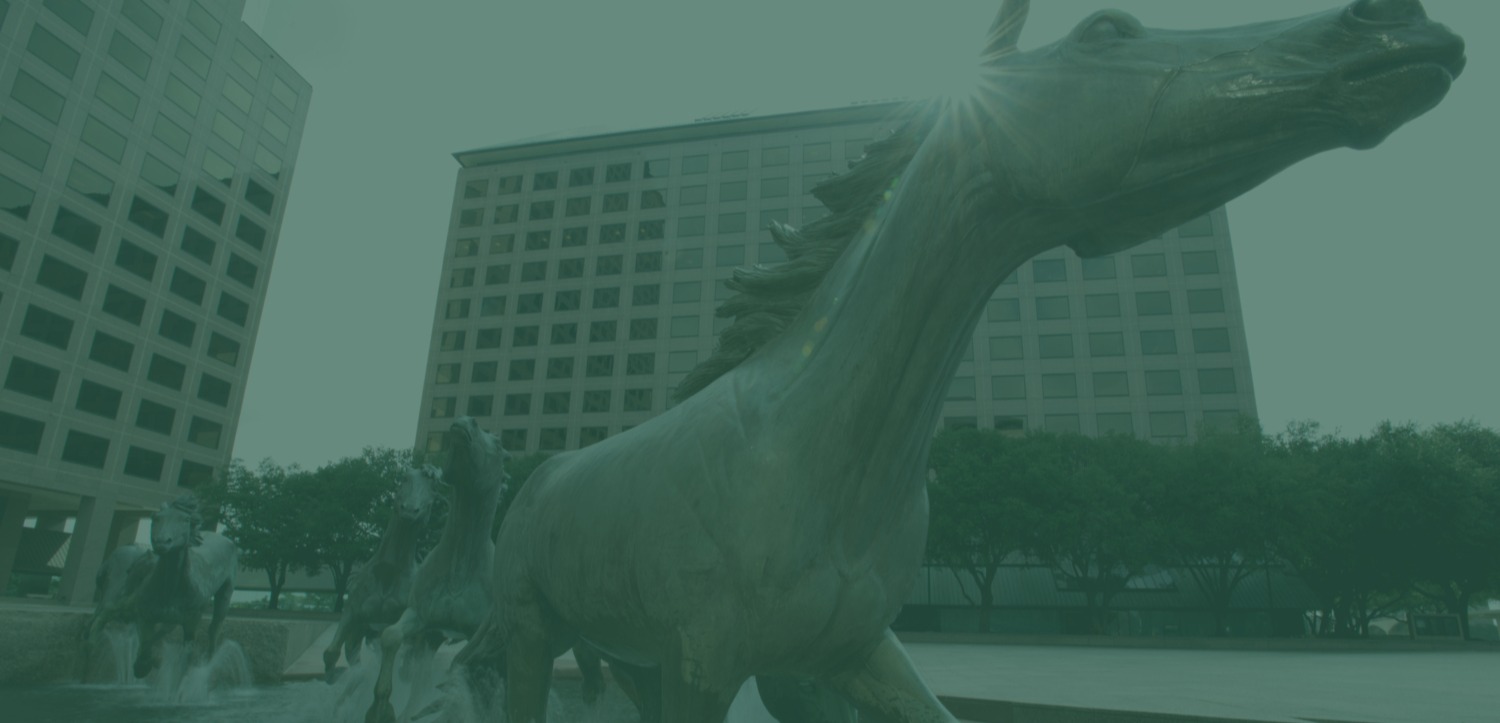Based on research by Gabe Dickey, DBA, CPA, Sandra Blanke, PhD and Lloyd Seaton, PhD, CPA, CMA.
Machine learning has the potential to disrupt nearly every industry during the next several years, and the auditing profession is no exception. Whereas in the past audits have had a largely transactional focus, future audits will become increasingly interconnected.
This research explains how machine learning works, describes its current and potential impact on the auditing profession, and presents some challenges for auditors that must be addressed for machine learning tools to reach their full capabilities. Machine learning provides the potential for significant improvements in audit speed and quality, but also entails certain risks. This research provide a general overview of machine learning, and explore current and potential future uses in the audit profession. The authors also examine the challenges that machine learning technology presents and the possible impact that machine learning will have on CPA firms and their staff.
Key Points
- Machine learning is a key subset of artificial intelligence (AI), which originated with the idea that machines could be taught to learn in ways similar to how humans learn.
- Machine learning technology for auditing is still primarily in the research and development phase. Several of the larger CPA firms have machine learning systems under development, and smaller firms should begin to benefit as the viability of the technology improves, auditing standards adapt, and educational programs evolve.
- Audit firms are already testing and exploring the power of machine learning in audits. Examples include Deloitte’s use of Argus, which can read documents such as leases, derivatives contracts, and sales contracts. PricewaterhouseCoopers utilizes, Halo, which analyzes journal entries and can identify potentially problematic areas, such as entries with keywords of a questionable nature, entries from unauthorized sources, or an unusually high number of journal entry postings just under authorized limits.
- CPA firms are already studying additional ways that machine learning can be used in financial statement audits, particularly in the risk assessment. Facial recognition technologies could someday be used for fraud interviews as well. process. Machine learning technology could allow CPA firms to detect patterns that currently might otherwise go unnoticed.
Why This Matters
Rather than relying primarily on representative sampling techniques, machine learning algorithms can provide firms with opportunities to review an entire population for anomalies. When audit teams can work on the entire data population, they can perform their tests in a more directed and intentional manner. In addition, machine learning algorithms can “learn” from auditors’ conclusions on specific items and apply the same logic to other items with similar characteristics.
The authors point out that while machine learning technology affords auditors a greater ability to consider internal systematic relationships and external environmental forces, auditors must also exhibit a solid understanding of the input, processing, and output of data from a broader range of sources. Although it is impossible to foretell exactly how machine learning will ultimately change the audit process, now is the time to begin contemplating its current impact and future implications.
Want to know more?
While machine learning technology can provide significantly improved opportunities for auditors to explore their intuition, auditors must change their mode of thinking in order for these insights to be effective.
Related links:
- How Robotic Process Automation Is Transforming Accounting and Auditing
- Agility in Audit: Could Scrum Improve the Audit Process?
Based upon the following peer-reviewed manuscript: Dickey, G., Blanke, S., & Seaton, L. (2019). Machine learning in auditing. The CPA Journal, 89(6), 16-21.
.jpeg?width=180&height=180&name=Untitled%20design-High-Quality%20(1).jpeg)


